University of Education in Freiburg, Germany
INTERNATIONAL CENTRE FOR STEM EDUCATION, UNIVERSITY OF EDUCATION IN FREIBURG, GERMANY
The University of Education in Freiburg (PHFR) is a specialised, public higher education (HE) institution with a mission in both research and teaching, focusing on the field of teacher education and the educational sciences. PHFR offers degrees at all cycle levels for primary and secondary school teachers and future professionals in the broad field of education.
PHFR’s research covers the full span of educational, pedagogic and subject-didactic fields. The University places special emphasis on research that is relevant to improving HE teaching and has earned a particular reputation for its research on, and dissemination of, innovative practices and pedagogies in maths and science education. Several large-scale international and interdisciplinary research, development and dissemination projects have been carried out over the past decade at the maths and science education departments of the PHFR. As a result of this work, the University can currently resort to an international network of stakeholders in maths and science education of over 1000 contacts relevant to the project’s scope. Linking research and teaching, practice-orientation and policy-connections are thus among the PHFR’s distinguishing strengths – in particular in the field of maths and science education.
In 2017 Prof. Katja Maass and her team established the International Centre for STEM Education (ICSE) at PHFR. The ultimate aim of ICSE is to help improve STEM education across Europe, that is, to give students insights into authentic features of STEM subjects and their connection to real-life contexts, to raise achievement levels in STEM and to make science literacy accessible to all students no matter what their gender, their cultural background or their socioeconomic background, and to promote the interest of young people in STEM careers.
Our focus in STEM education research and its transfer into day-to-day practices is therefore on issues such as:
- The research on innovative teaching approaches such as inquiry-based learning, connections to real-life contexts, interdisciplinarity or to the diversity in classrooms
- The development, implementation and evaluation of feasible and impactful professional development concepts
- Research on concepts to scale up teacher professional development, also considering systemic barriers
- Development, in situ-evaluation and refinement of high-quality classroom materials and professional development materials, anchored in the field of design research
PROJECT TEAM
The ICSE team at PHFR is coordinating the ENSITE project. The key persons involved in this project combine a multi-disciplinary background and expertise in (1) coordination and management of international projects, (2) mathematics and science education in initial teacher education (ITE), (3) higher education (HE), and (4) student mobility.
Furthermore, the team has broad experience in coordinating several large-scale European projects focusing on research, materials development and the broad dissemination of innovative teaching and learning approaches in maths and science education. The team’s expertise comprises the management of large-scale projects, including all administrative, legal and financial aspects. Also, the team has extensive experience in organising influential policy events, building successful international dissemination strategies, managing quality in international projects, as well as embedding project-funded activities into broader relevant contexts to ensure long-term impact and sustainability.
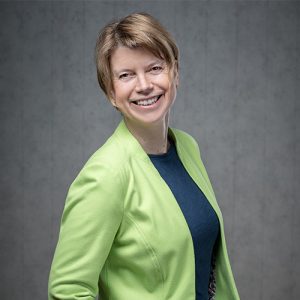
Katja Maaß, Director of ICSE and the coordinator of ENSITE, is a researcher, educator and leader of international projects in mathematics and science education. She holds a master’s degree in mathematics and biology, acquired her PhD in mathematics education in 2004 and was awarded professorship in the same year. Her main professional interests are real life applications of mathematics, inquiry-based science teaching and socio-scientific issues in STEM education. Her research has been published widely in the most prestigious journals in the field. Next to teaching and research, her work is characterised by a strong practical and melioristic concern towards advancing science teaching. Katja has successfully coordinated numerous large-scale European projects to foster innovation in STEM education, including award-winning projects like PRIMAS, mascil, COMPASS, MaSDiV, IncluSMe or STEM PD Net. Her work is distinguished by both a local and international orientation and she relies on excellent networks to research, policy and practice. As the founding director of ICSE she aims to take European collaboration in STEM education to a next level so as to maximise quality, equality and innovation in day-to-day STEM teaching.
Director International Centre for STEM Education ICSE
Contact: katja.maass@ph-freiburg.de
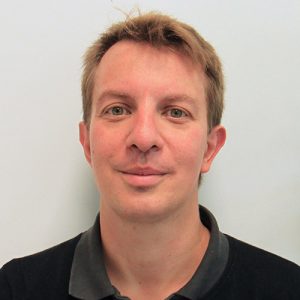
Oliver Straser studied Mathematics with a minor in Physics in Essen and Heidelberg, Germany, and graduated from the University of Heidelberg (Diplom). He worked as a scientist at the University of Freiburg and received his PhD under the supervision of Prof. Dr. Wolfgang Soergel in Mathematics. Since 2015 he has been working as a vocational school teacher.
Assistant Director and Programme Specialist
Contact: oliver.straser@ph-freiburg.de
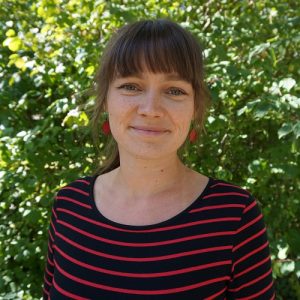 Laura Wanckel, the project manager of ENSITE, holds a M.A. in Arts and studied art history, history and literature at the University of Dresden and Hamburg. Before she came to the ICSE she completed a training in project management. Her professional experience includes working as a curator for several exhibitions at a museum and in public relations. In addition to curatorial work, her focus was on exhibition organization and coordination as well as the organization of events. Laura also created marketing concepts and was responsible for the editing and production of the advertising material.
Laura Wanckel, the project manager of ENSITE, holds a M.A. in Arts and studied art history, history and literature at the University of Dresden and Hamburg. Before she came to the ICSE she completed a training in project management. Her professional experience includes working as a curator for several exhibitions at a museum and in public relations. In addition to curatorial work, her focus was on exhibition organization and coordination as well as the organization of events. Laura also created marketing concepts and was responsible for the editing and production of the advertising material.
Assistant Director and Project Manager, ENSITE
Contact: laura.wanckel@ph-freiburg.de
INTELLECTUAL OUTPUTS (IOs)
PHFR team leads:
- O1: The nature of environmental SSI
- O 13: Design of learning environments for ITEL
PHFR team is involved in:
- O3: Collecting data
- O4: Analysing big data
- O7: Aims of SSI and the curriculum
- O11: Scaffolding: Supporting students by providing a framework for how to deal with SSI

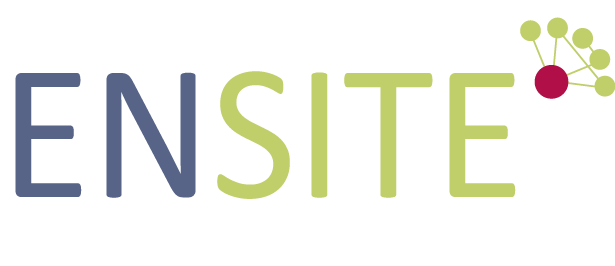

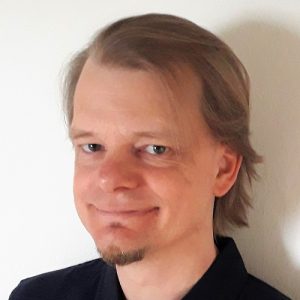
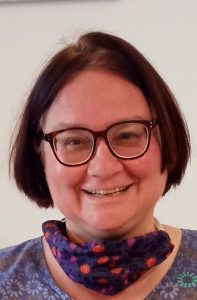
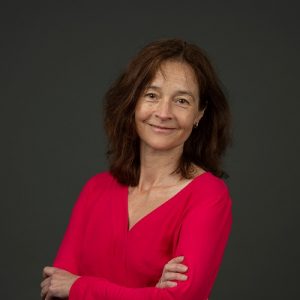 Christina Pichler-Koban holds a doctorate from the University of Natural Resources and Applied Life Sciences (BOKU) in Vienna. Since 2003 she has been working for E.C.O. Institute for Ecology in Klagenfurt and since 2016 as a research associate at the Alpen-Adria-University of Klagenfurt. She works in inter- and transdisciplinary projects at the interface between ecological planning and social sciences. Her focus is on the development and implementation of innovative educational and school projects on natural science topics and the work with Citizen Science methods.
Christina Pichler-Koban holds a doctorate from the University of Natural Resources and Applied Life Sciences (BOKU) in Vienna. Since 2003 she has been working for E.C.O. Institute for Ecology in Klagenfurt and since 2016 as a research associate at the Alpen-Adria-University of Klagenfurt. She works in inter- and transdisciplinary projects at the interface between ecological planning and social sciences. Her focus is on the development and implementation of innovative educational and school projects on natural science topics and the work with Citizen Science methods.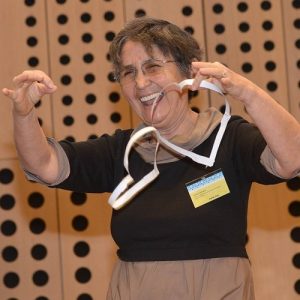
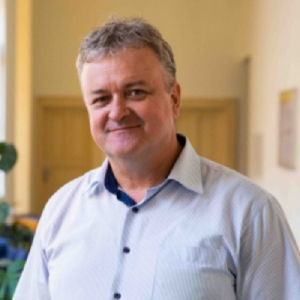
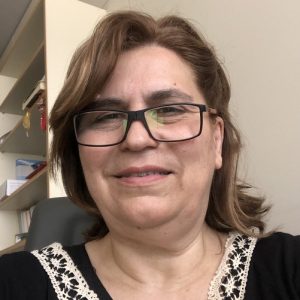 Chrissavgi Triantafillou’s research is centered on mathematics and science teacher knowledge and practices and their development of teaching innovations and materials. She is carrying out research on the professional development of mathematics and science teachers related to inquiry-based learning and on the argumentative practices developed in mathematics and science school textbooks. In the last years she was involved in pre-service and in-service teacher education activities.
Chrissavgi Triantafillou’s research is centered on mathematics and science teacher knowledge and practices and their development of teaching innovations and materials. She is carrying out research on the professional development of mathematics and science teachers related to inquiry-based learning and on the argumentative practices developed in mathematics and science school textbooks. In the last years she was involved in pre-service and in-service teacher education activities.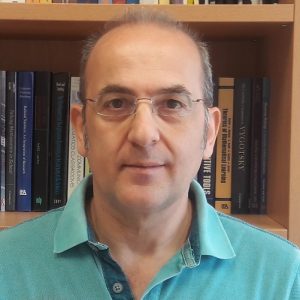
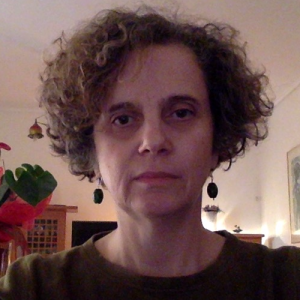
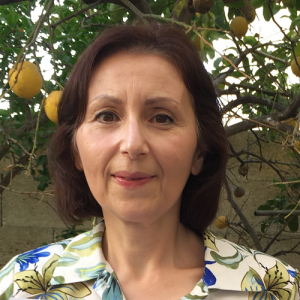 Josette Farrugia is a Senior Lecturer in Science Education and head of the Department of Mathematics and Science Education. She is currently involved in the initial teacher education programmes and post-graduate courses offered by the University of Malta. Dr Farrugia has been regularly involved in teacher professional development courses related to practical work and investigations in science, inquiry-based learning, assessment and design of assessment tools and tasks to develop and assess different skills, among others. Dr Farrugia participated in the FP7 project, PRIMAS, IncluSMe and MaSDiV. Inquiry-based learning, problem-solving and teacher professional development are among Dr Farrugia’s research interests.
Josette Farrugia is a Senior Lecturer in Science Education and head of the Department of Mathematics and Science Education. She is currently involved in the initial teacher education programmes and post-graduate courses offered by the University of Malta. Dr Farrugia has been regularly involved in teacher professional development courses related to practical work and investigations in science, inquiry-based learning, assessment and design of assessment tools and tasks to develop and assess different skills, among others. Dr Farrugia participated in the FP7 project, PRIMAS, IncluSMe and MaSDiV. Inquiry-based learning, problem-solving and teacher professional development are among Dr Farrugia’s research interests.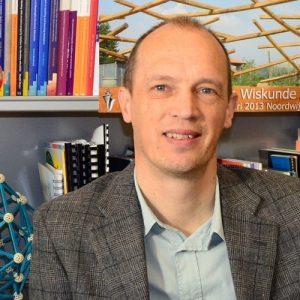
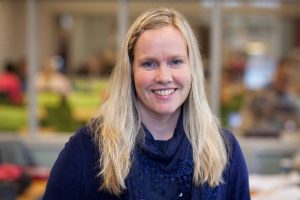 Dr Ragnhild Lyngved Staberg holds a Ph.D. in biology and science education and is an Associate Professor at NTNU, Department of Teacher Education. She has taught bachelor and master courses at college and universities for 20 years, and has 12 years’ experience from teacher education at NTNU. Staberg participates in different national research projects in science education (e.g. dealing with use of IBST-based strategies in primary school and use of ICT-technology). Since 2010 she has taken part in several EU funded projects – mainly dealing with teacher professional development; PRIMAS, mascil and FaSMEd, partly as Work Package-leader. She has also co-authored a textbook on biology for science education courses for the Norwegian teacher education programme. She was a member of the European Advisory and Impact board for the EU project MaSDiV and also worked for the IncluSMe project.
Dr Ragnhild Lyngved Staberg holds a Ph.D. in biology and science education and is an Associate Professor at NTNU, Department of Teacher Education. She has taught bachelor and master courses at college and universities for 20 years, and has 12 years’ experience from teacher education at NTNU. Staberg participates in different national research projects in science education (e.g. dealing with use of IBST-based strategies in primary school and use of ICT-technology). Since 2010 she has taken part in several EU funded projects – mainly dealing with teacher professional development; PRIMAS, mascil and FaSMEd, partly as Work Package-leader. She has also co-authored a textbook on biology for science education courses for the Norwegian teacher education programme. She was a member of the European Advisory and Impact board for the EU project MaSDiV and also worked for the IncluSMe project.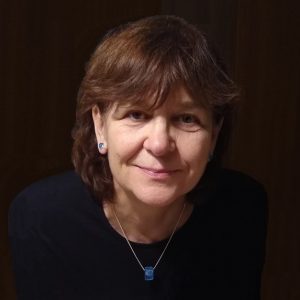
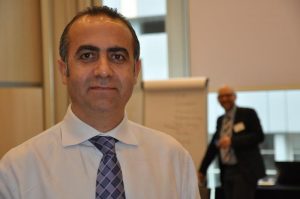 Gultekin Cakmakci is a Professor of Science Education at Hacettepe University and has been teaching courses on STEM education and public engagement with STEM. He is the director of Hacettepe STEM & Maker Lab and also director of
Gultekin Cakmakci is a Professor of Science Education at Hacettepe University and has been teaching courses on STEM education and public engagement with STEM. He is the director of Hacettepe STEM & Maker Lab and also director of 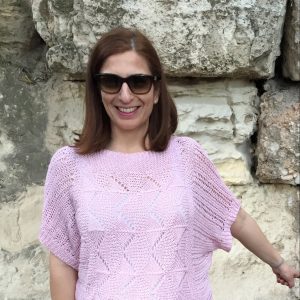 Dr. Maria Evagorou is an Assistant Professor in Science Education at the University of Nicosia, Cyprus. Her research focuses on exploring and enhancing students’ argumentation and system thinking skills within science education with the use of technology. More specifically, the emphasis of her work is on students’ talk when they engage in the discussion of socio-scientific issues and how the use of online technologies can enhance students’ argumentation skills and inquiry-based learning. Her work combines both qualitative and quantitative research methods. Maria has published in referred journals and books, has co-edited a book titled Trends in Science Education (in Greek) and has received EU funding to work on projects on argumentation in science. Maria is currently a strand coordinator for the European Science Education Research Association conference, and a member of the editorial board of JRST.
Dr. Maria Evagorou is an Assistant Professor in Science Education at the University of Nicosia, Cyprus. Her research focuses on exploring and enhancing students’ argumentation and system thinking skills within science education with the use of technology. More specifically, the emphasis of her work is on students’ talk when they engage in the discussion of socio-scientific issues and how the use of online technologies can enhance students’ argumentation skills and inquiry-based learning. Her work combines both qualitative and quantitative research methods. Maria has published in referred journals and books, has co-edited a book titled Trends in Science Education (in Greek) and has received EU funding to work on projects on argumentation in science. Maria is currently a strand coordinator for the European Science Education Research Association conference, and a member of the editorial board of JRST.